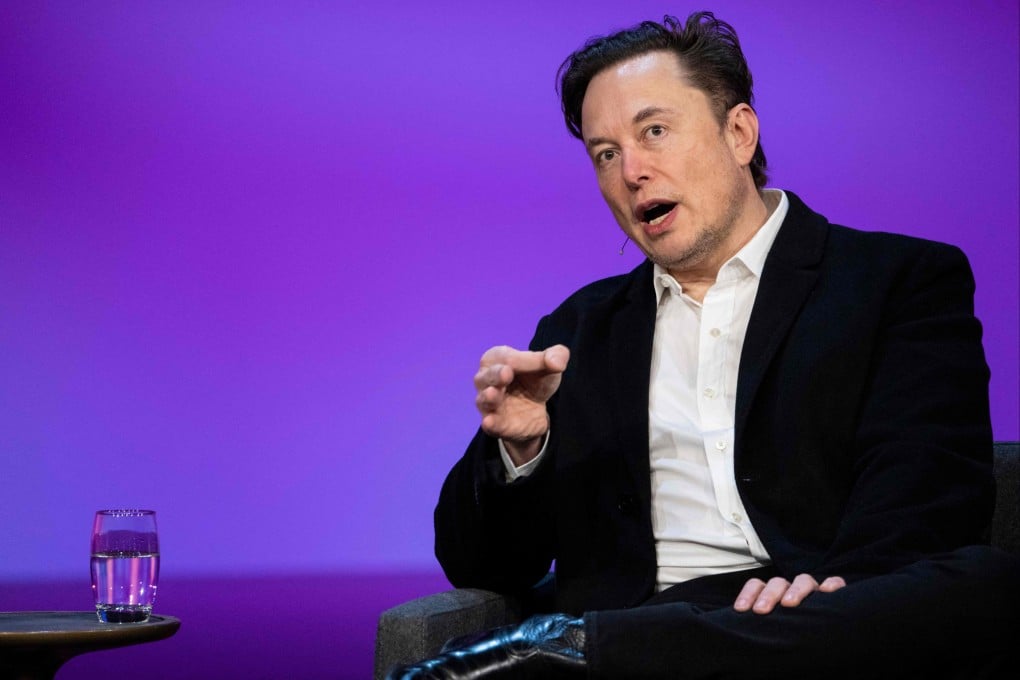Elon Musk envisions remaking Twitter in WeChat’s image
- ‘You basically live on WeChat in China. If we can re-create that with Twitter, we’ll be a great success’
- Musk has agreed to acquire the social media platform for US$44 billion, but the deal has not yet closed

Elon Musk, the CEO of Tesla Motors and founder of SpaceX, believes Twitter needs to be more like China’s WeChat to be successful.
In a video meeting with about 8,000 Twitter employees on Thursday, Musk shared his vision for the social media platform, which he has agreed to buy for US$44 billion.
The question and answer session was unusual since the deal, which was announced in April, has not yet closed and the acquisition is wobbly given the drop in the price of the Tesla shares that may finance the purchase.
Musk also complimented TikTok – a Chinese-owned short video app that is globally popular – for being a platform for videos that are “not boring” and that keep people engaged.
Turning Twitter into a WeChat lookalike could be a challenge, however. Social media, online payment, video, messaging and voice markets – to name a few of WeChat’s features – are far more fragmented in the United States, and subject to very different economic, regulatory and technological environments than in China.
